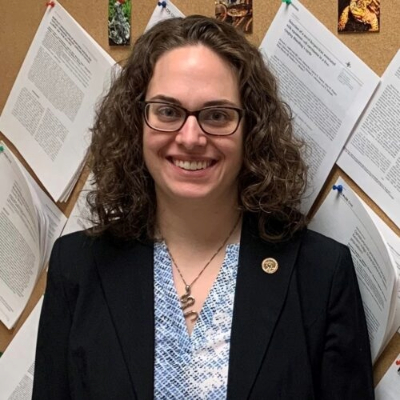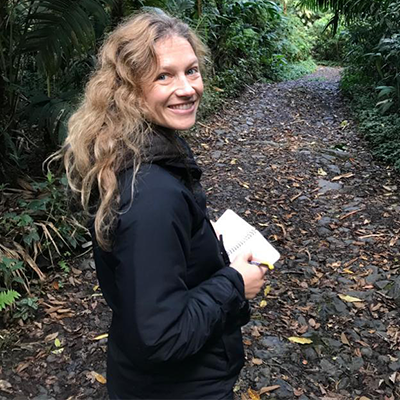Raíssa Nogueira de Brito
Postdoctoral Research Award 2025

Raíssa Nogueira de Brito, postdoctoral research associate in the Franklin College Department of Anthropology, conducts groundbreaking research on vector-borne disease ecology and zoonotic disease transmission under the mentorship of Associate Professor Susan Tanner in anthropology and Professor Julie Velásquez Runk of Wake Forest University, in collaboration with Professor Nicole Gottdenker in the College of Veterinary Medicine. Brito’s interdisciplinary work bridges anthropology, ecology, and public health to investigate the biological, social, and environmental factors shaping disease emergence. She has a central role in an NSF-funded project on multi-host, vector-borne infections in tropical landscapes, conducting field research in rural Panama and leading a genetic sequencing study on Chagas disease vectors. Brito has published in top journals, including Acta Tropica, and co-developed TriatoKey, a mobile app for disease vector identification and citizen education. A 2023 SEC Emerging Scholar, she has secured research funding and presented internationally. Brito’s work is advancing understanding of how environmental and social factors drive disease transmission, with significant implications for global health and policy.





